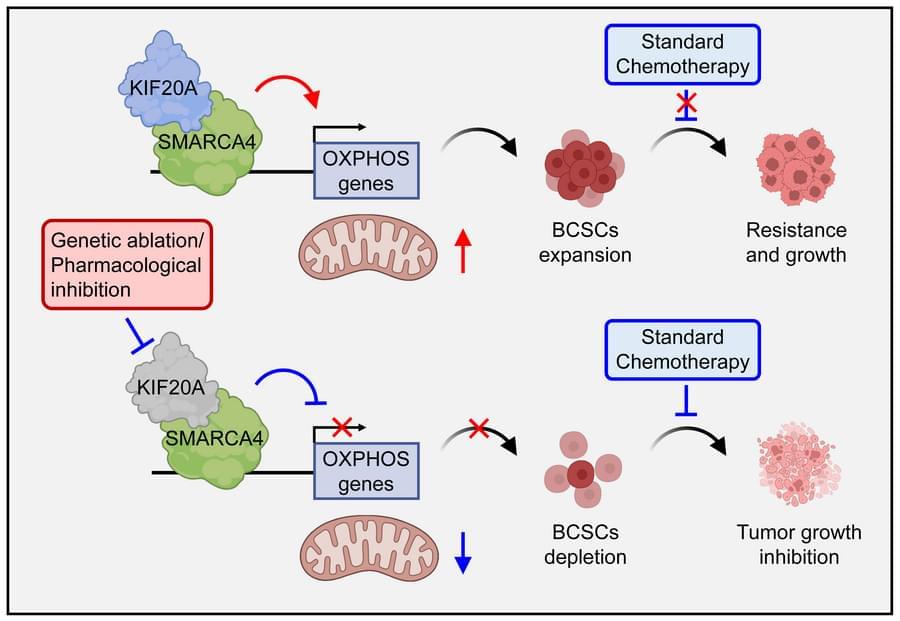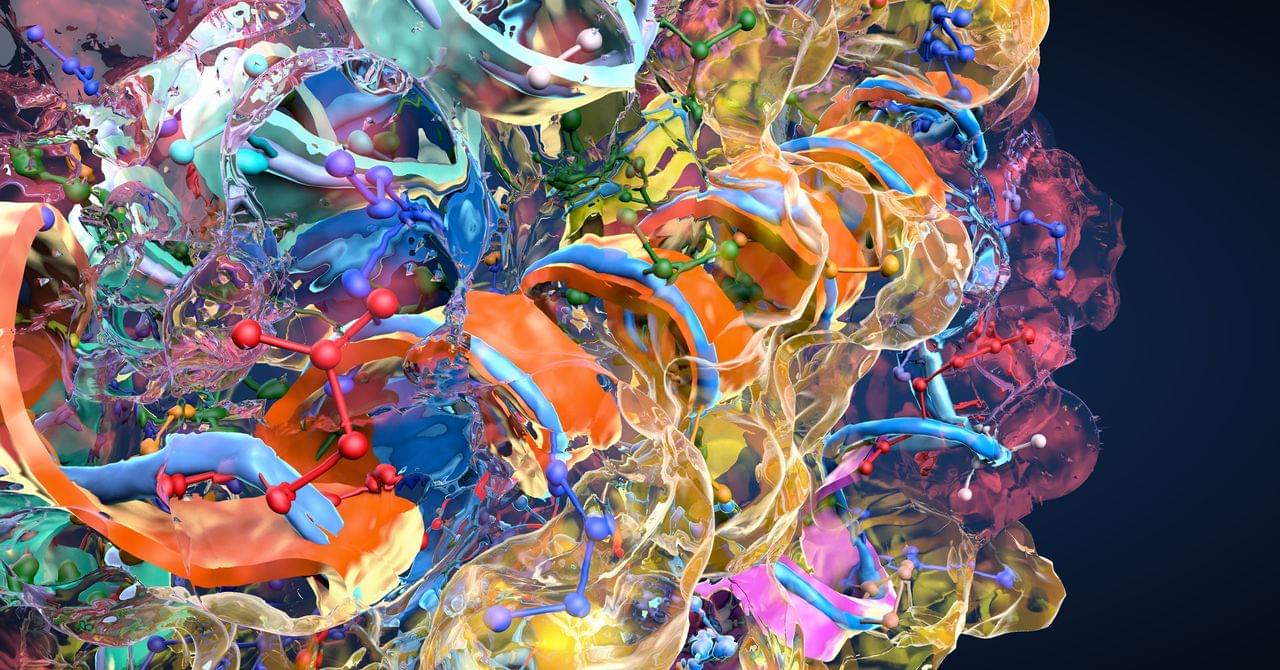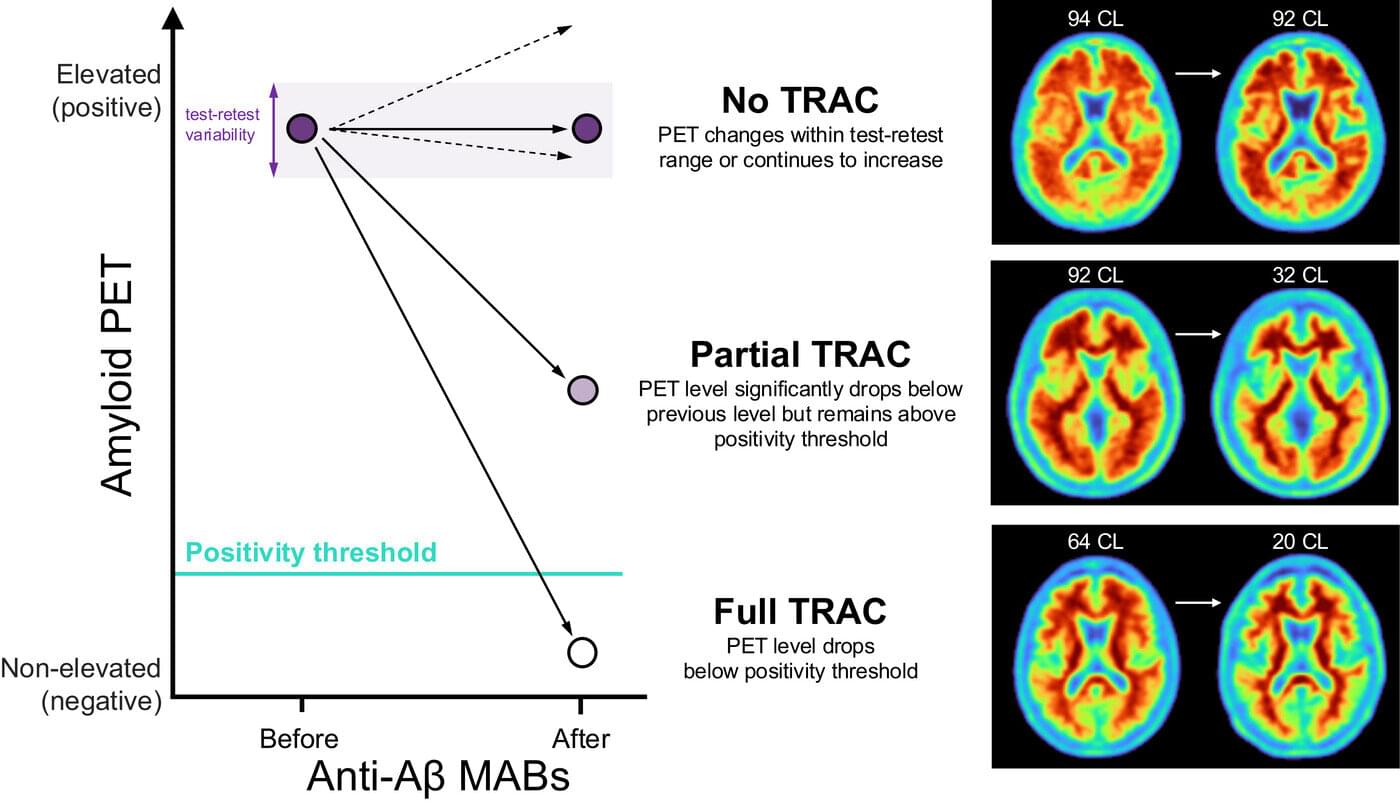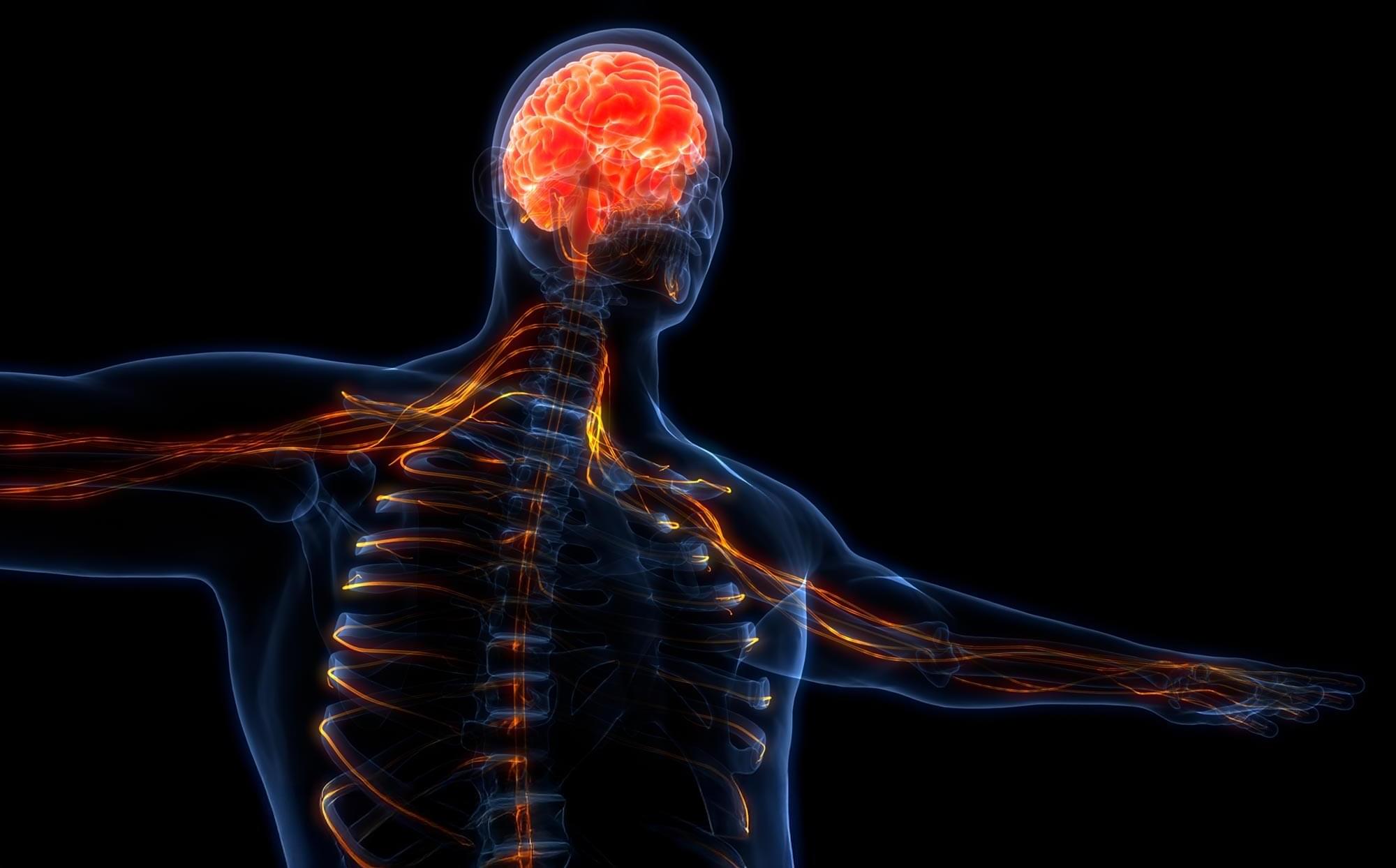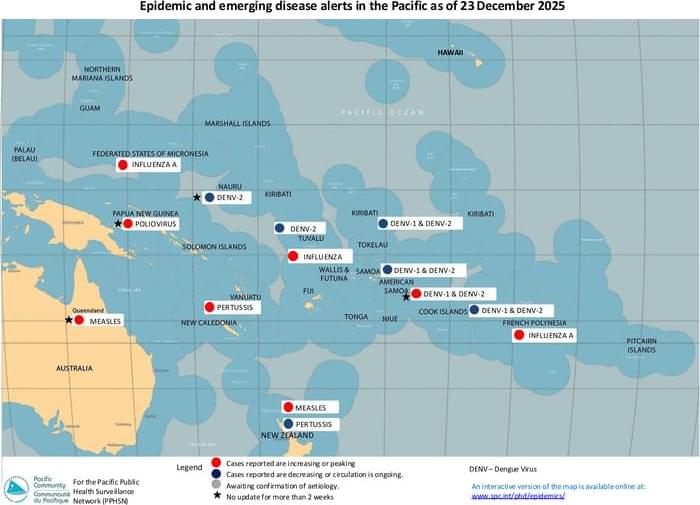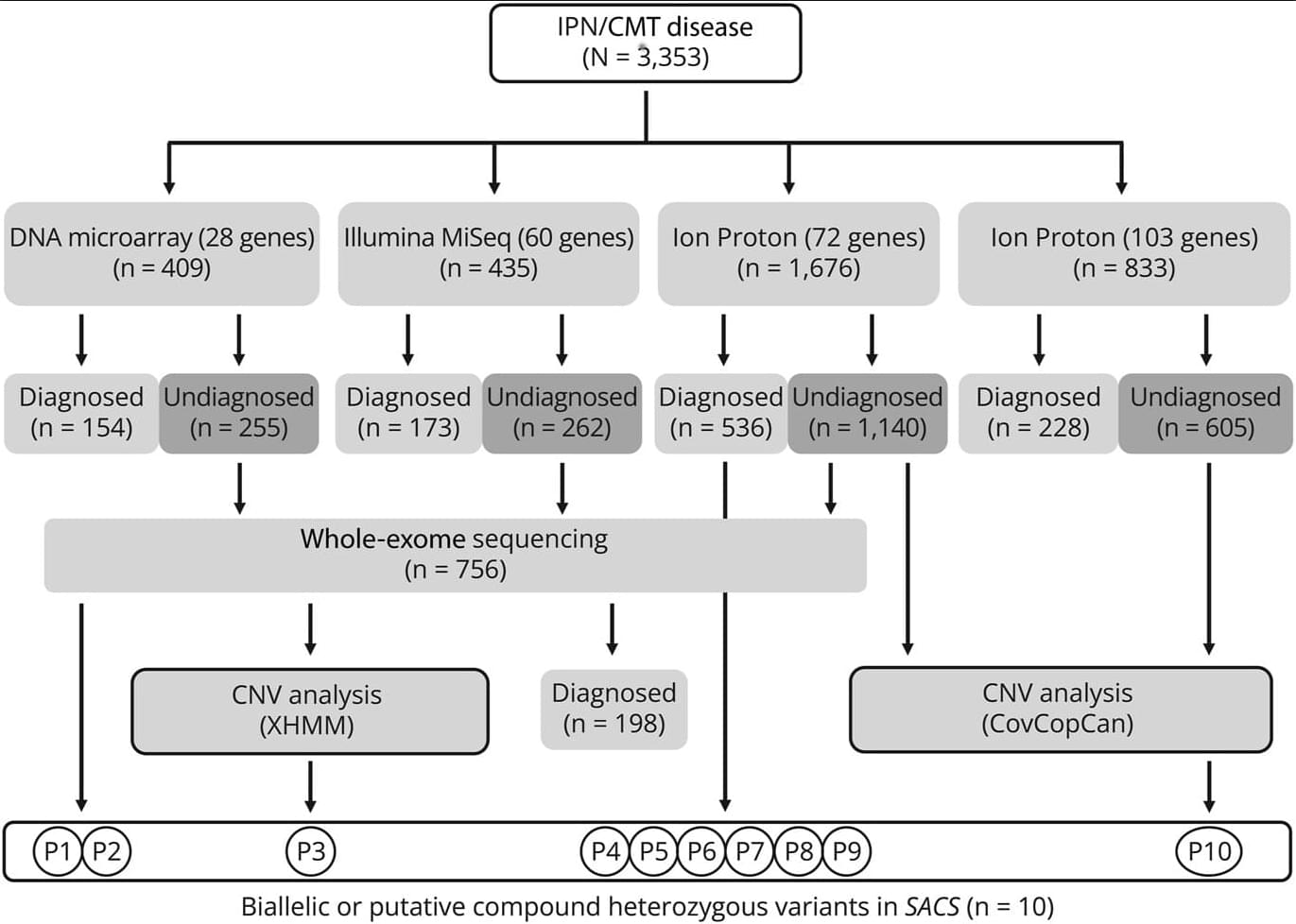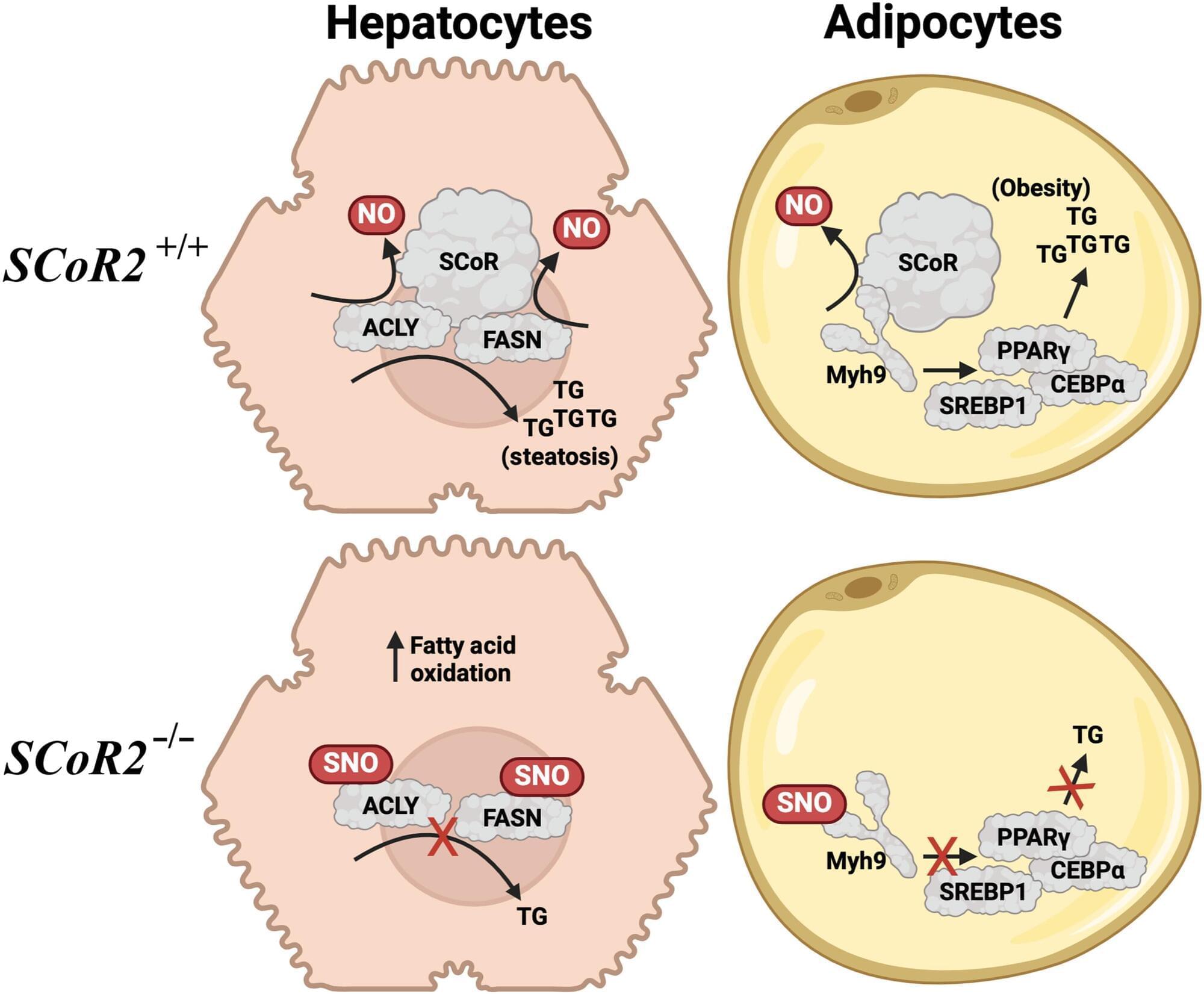Here, Qing Zhang & team show targeting kinesin family member KIF20A in vitro and in mice sensitizes stem-like TNBC cells to standard chemotherapy.
1Department of Pathology, University of Texas Southwestern Medical Center, Dallas, Texas, USA.
2Department of Breast and Endocrine Surgery, Nagoya University Graduate School of Medicine, Nagoya, Aichi, Japan.
3Jinfeng Laboratory, Chongqing, China.
4Quantitative Biomedical Research Center, Peter O’Donnell Jr. School of Public Health, University of Texas Southwestern Medical Center, Dallas, Texas, USA.
